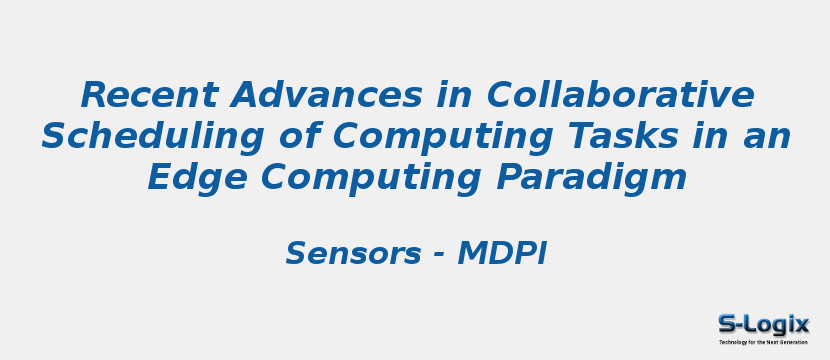Research Area: Edge Computing
In edge computing, edge devices can offload their overloaded computing tasks to an edge server. This can give full play to an edge servers advantages in computing and storage, and efficiently execute computing tasks. However, if they together offload all the overloaded computing tasks to an edge server, it can be overloaded, thereby resulting in the high processing delay of many computing tasks and unexpectedly high energy consumption. On the other hand, the resources in idle edge devices may be wasted and resource-rich cloud centers may be underutilized. Therefore, it is essential to explore a computing task collaborative scheduling mechanism with an edge server, a cloud center and edge devices according to task characteristics, optimization objectives and system status. It can help one realize efficient collaborative scheduling and precise execution of all computing tasks. This work analyzes and summarizes the edge computing scenarios in an edge computing paradigm. It then classifies the computing tasks in edge computing scenarios. Next, it formulates the optimization problem of computation offloading for an edge computing system. According to the problem formulation, the collaborative scheduling methods of computing tasks are then reviewed. Finally, future research issues for advanced collaborative scheduling in the context of edge computing are indicated.
Keywords:
Author(s) Name: Shichao Chen, Qijie Li, Mengchu Zhou, Abdullah Abusorrah
Journal name: Intelligent Sensors
Conferrence name:
Publisher name: MDPI
DOI: https://doi.org/10.3390/s21030779
Volume Information: Volume 21 Issue 3
Paper Link: https://www.mdpi.com/1424-8220/21/3/779
